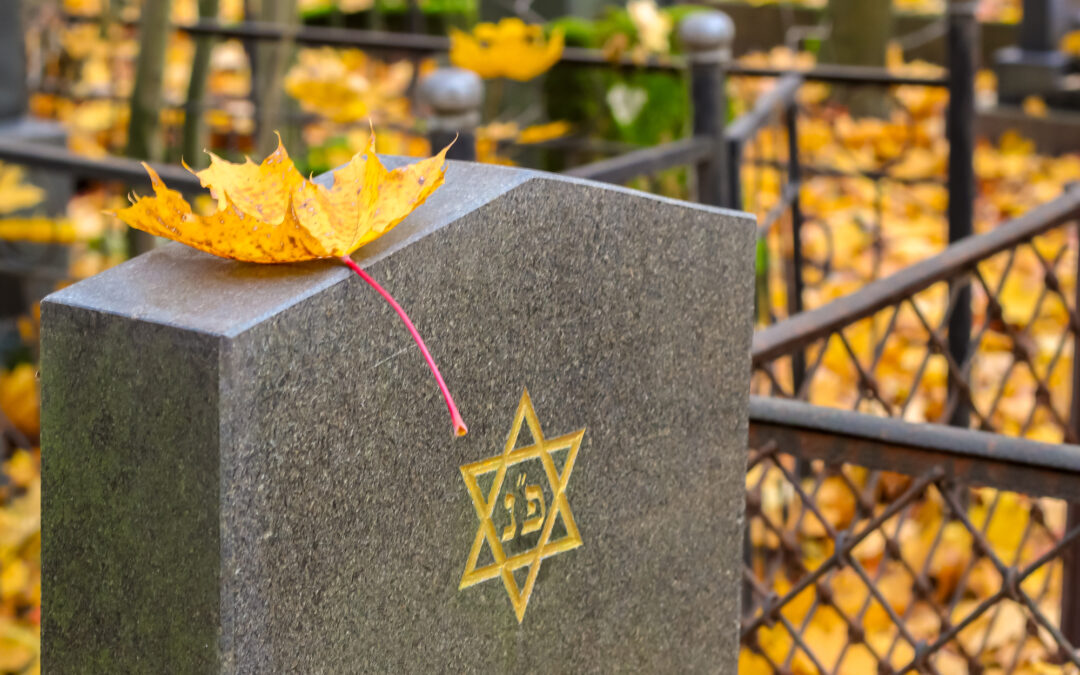What Is Required? What Is Generally Forbidden?
Jewish history and tradition is perhaps the richest of any in the world, dating back many millennia. That rich tradition includes many distinct practices centering around funeral and burial practices. Let’s look at some of the customs that are followed, as well as some that may be seen at non-Jewish memorial services, but won’t typically be part of a Jewish funeral.
The Timing of the Funeral
In most other traditions, there’s no specific concern or requirement regarding when the funeral will take place and when the body will be interred. In the Jewish tradition, however, the burial must take place as soon as possible. Typically, if a person passes away in the morning, the funeral and burial must take place before sundown on the same day. If that isn’t possible, the body must be interred the next day, unless there are other circumstances that make that infeasible. For example, if a person dies while out of the country, the burial may be postponed until the body is returned. A body may also be left uninterred overnight if necessary to arrange for a burial plot, to obtain a proper burial shroud, or to perform the Tahara, or ritual cleansing.
The Tahara
Under Jewish law, the body of the deceased must be properly prepared for its final rest by the Chevra Kadisha, a burial society typically associated with a synagogue. According to custom, only male members of the burial society may perform the ritual cleansing on men, and only women may ritually cleanse other women. The process involves the cleansing of dirt, bodily fluids and solids, followed by either immersion of the body in water or a continuous flow of water across the body. Once the cleansing is complete, the Chevra Kaddisha will dress the deceased in the tachrichim, the pure white burial shroud. Upon completion of the dressing, the body will be placed in the casket and the casket will be closed.
The Shemira
According to Jewish tradition, a body may not be left unattended from the time of death until burial. Historically, this practice evolved to prevent desecration of the body, but the practice now focuses on a respect for the deceased, ensuring that they will not be abandoned before interment. Shomers (male) and shomerets (female) typically sit with the deceased and read psalms aloud. They may also meditate, pray or read spiritual passages.
The Kriah
Kriah comes from the Hebrew word for “tear” or “tearing.” In some traditions, it involves an actual rending or tearing of a garment at a funeral by a mourner. Other traditions use a black ribbon and make cuts on the ribbon. The symbolism is that of being torn by grief or loss. The tradition stems from the Pentateuch, where Jacob (Genesis 37:34), Job (Job 1:20) and King David (II Samuel 1:11) tear their clothing in their grief. After the rending of the garment or ribbon, family members recite a blessing. The ribbon or garment is then worn for the entire seven days of Shiva.
What You Typically Won’t Have at a Jewish Funeral
Unlike many other traditions, Jewish funerals do not involve flowers—you won’t see flowers in the synagogue or at the cemetery, and you shouldn’t send bereaved family members flowers. This comes from the belief that flowers symbolize celebration and a funeral is a time for mourning. For the same reasons, there’s customarily no music played or sung at a Jewish funeral.
There’s also no such thing as an open casket at a Jewish funeral.
Gutterman’s—Serving the Jewish Community for More than 125 Years
At Gutterman’s and Gutterman Warheit, with funeral chapels in New York and Florida, we have provided comprehensive funeral and burial services to members of the Jewish faith for more than five generations. We understand the unique practices within the various Jewish traditions and can offer guidance and counsel on all matters related to a funeral or burial, from the order of service to arrangements for Shiva, from the choice of a marker or monument to the ritual preparation of the body or the creation of a Yahrzeit calendar.
Let Gutterman’s and Gutterman’s Warheit be of service to you in your time of loss. To learn more about our full range of services, call us at one of the numbers below. Our funeral chapels are open, so we are happy to meet with you in person, but we are also happy to consult with you by phone, text message or videoconferencing. Our phones are answered 24 hours a day, 7 days a week.

